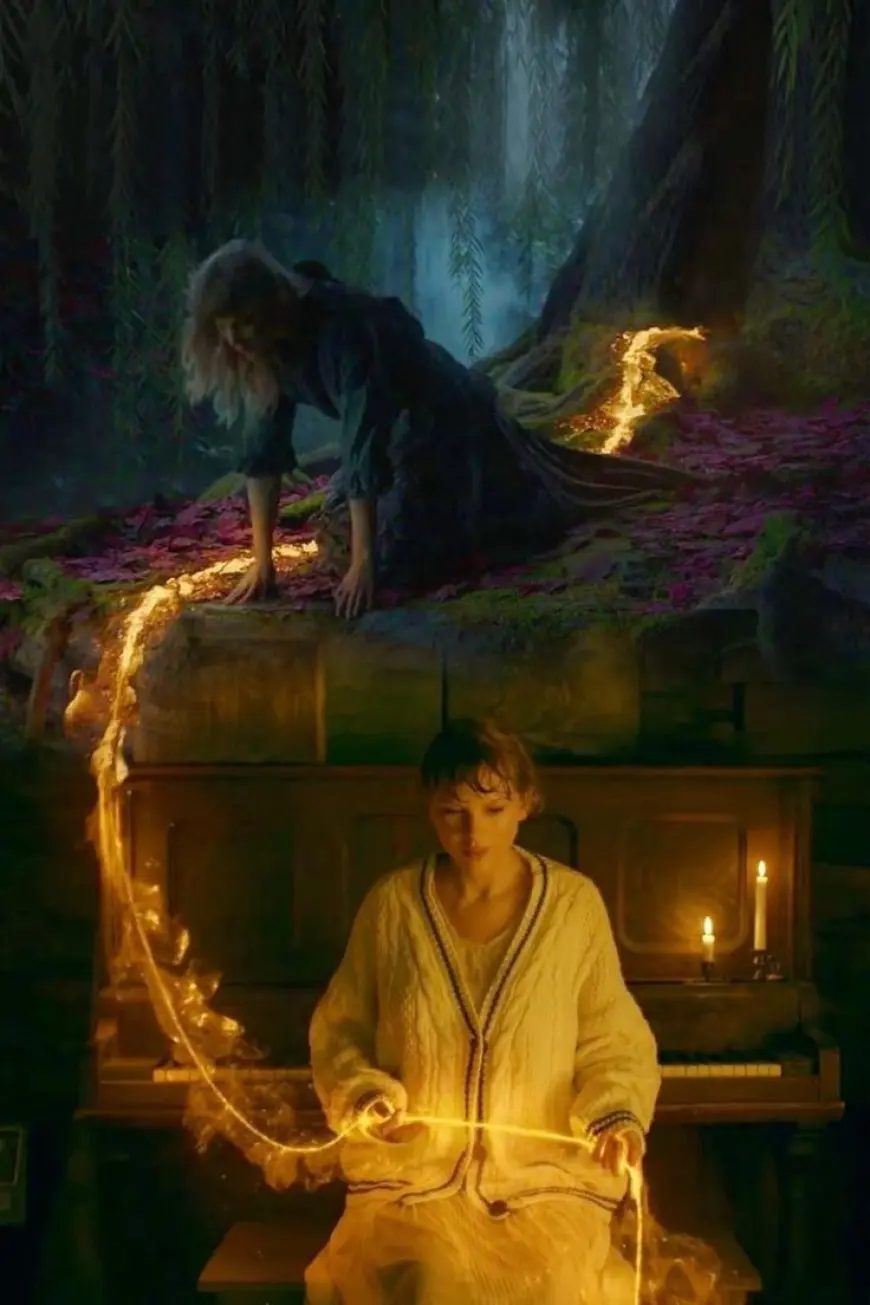The Power of Folklore in Pop Culture
The Power of Folklore in Pop Culture

Folklore has been a powerful and enduring element in human culture for centuries. It encompasses the stories, myths, legends, and traditions passed down through generations, often reflecting a society’s values, beliefs, and history. In the realm of pop culture, folklore continues to influence and shape entertainment, from films and television shows to books and music. The power of folklore lies in its ability to evoke universal themes and tap into deep, shared human experiences, making it a rich source of inspiration in contemporary culture.
The Roots of Folklore in Pop Culture
Folklore is deeply embedded in the fabric of many modern stories. Its origins are often tied to ancient oral traditions where stories were told and retold to convey moral lessons, cultural values, and explanations for the mysteries of life. These stories often involve supernatural elements, mythical creatures, or heroic quests, which continue to resonate with audiences today. For example, folklore characters like werewolves, vampires, and witches, once born from regional legends, have been reimagined in countless books, films, and TV shows.
How Folklore Influences Movies and TV Shows
Folklore has had a significant impact on the entertainment industry, particularly in the creation of fantasy and horror genres. The themes of folklore—good versus evil, heroism, and the supernatural—are perfect for storytelling in film and television. Films like The Lord of the Rings and Harry Potter are prime examples of how folklore has been incorporated into epic narratives. These stories are filled with mythological creatures, magical worlds, and timeless themes drawn directly from traditional folklore. Similarly, TV shows like Supernatural and American Horror Story often feature creatures and themes from folklore, further cementing its place in popular culture.
The rise of fantasy television shows like Game of Thrones also draws heavily on folklore, with dragons, prophecies, and complex family legacies all being integral parts of the show. In these narratives, folklore not only serves as a plot device but also enriches the world-building, making it feel timeless and connected to ancient traditions.
Folklore in Music and Literature
The influence of folklore extends beyond movies and TV shows into other forms of entertainment, such as music and literature. Folk music itself has deep roots in the stories and traditions of various cultures, and many modern artists continue to incorporate elements of folklore into their music. Musicians such as Bob Dylan, Nick Cave, and even modern pop stars like Florence Welch have drawn on folklore themes, adding layers of depth to their music. These artists tap into the evocative power of folk tales to explore emotions, spirituality, and societal issues.
In literature, authors often draw upon folklore to create narratives that feel both grounded in tradition and fresh. Neil Gaiman’s American Gods and his other works often weave folklore and mythology into modern settings, making old stories relevant to contemporary readers. Similarly, writers like J.R.R. Tolkien have drawn directly from ancient European myths, creating rich, immersive worlds that feel timeless yet new.
The Power of Folklore in Shaping Identity
Folklore is often tied to cultural identity, as it reflects the values, fears, and hopes of a community. As cultures evolve, so too does folklore, allowing these stories to adapt and remain relevant in changing times. In pop culture, folklore helps to forge connections with the past, providing a sense of continuity and shared history. For instance, in the U.S., Native American folklore has been increasingly explored in modern media, giving audiences a deeper understanding of indigenous cultures. In a similar vein, African folklore and Caribbean mythology have gained greater recognition in recent years, influencing films and books that explore these rich traditions.
Folklore's Universal Appeal
One of the key reasons why folklore continues to thrive in pop culture is its universal appeal. The themes and characters found in folklore are often timeless, transcending cultural boundaries. The archetypes—such as the hero, the trickster, and the villain—appear across different cultures, making folklore a shared human experience. As a result, these stories can be easily adapted and reinterpreted, allowing them to remain relevant across generations and geographical locations.
The Continued Evolution of Folklore
As society changes, folklore continues to evolve. While traditional stories may still hold significant cultural value, new forms of folklore are constantly emerging. Contemporary urban legends, internet memes, and viral stories are modern interpretations of folklore that spread quickly through digital platforms. These new forms of folklore reflect the modern anxieties, hopes, and experiences of today's society, showing that the essence of folklore—storytelling and shared experiences—remains as powerful as ever.
Folklore has proven to be a powerful force in pop culture, providing a rich source of inspiration for storytelling in various forms of media. From its origins in ancient oral traditions to its modern interpretations in films, books, music, and television, folklore continues to captivate and influence audiences around the world. Its universal themes and characters are timeless, allowing these stories to evolve and adapt to the changing needs of society. In a world constantly seeking meaning, connection, and escape, folklore remains a cultural force, shaping modern entertainment







